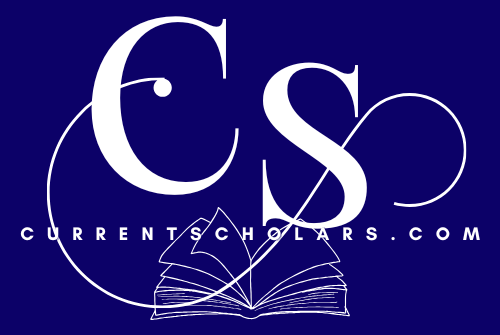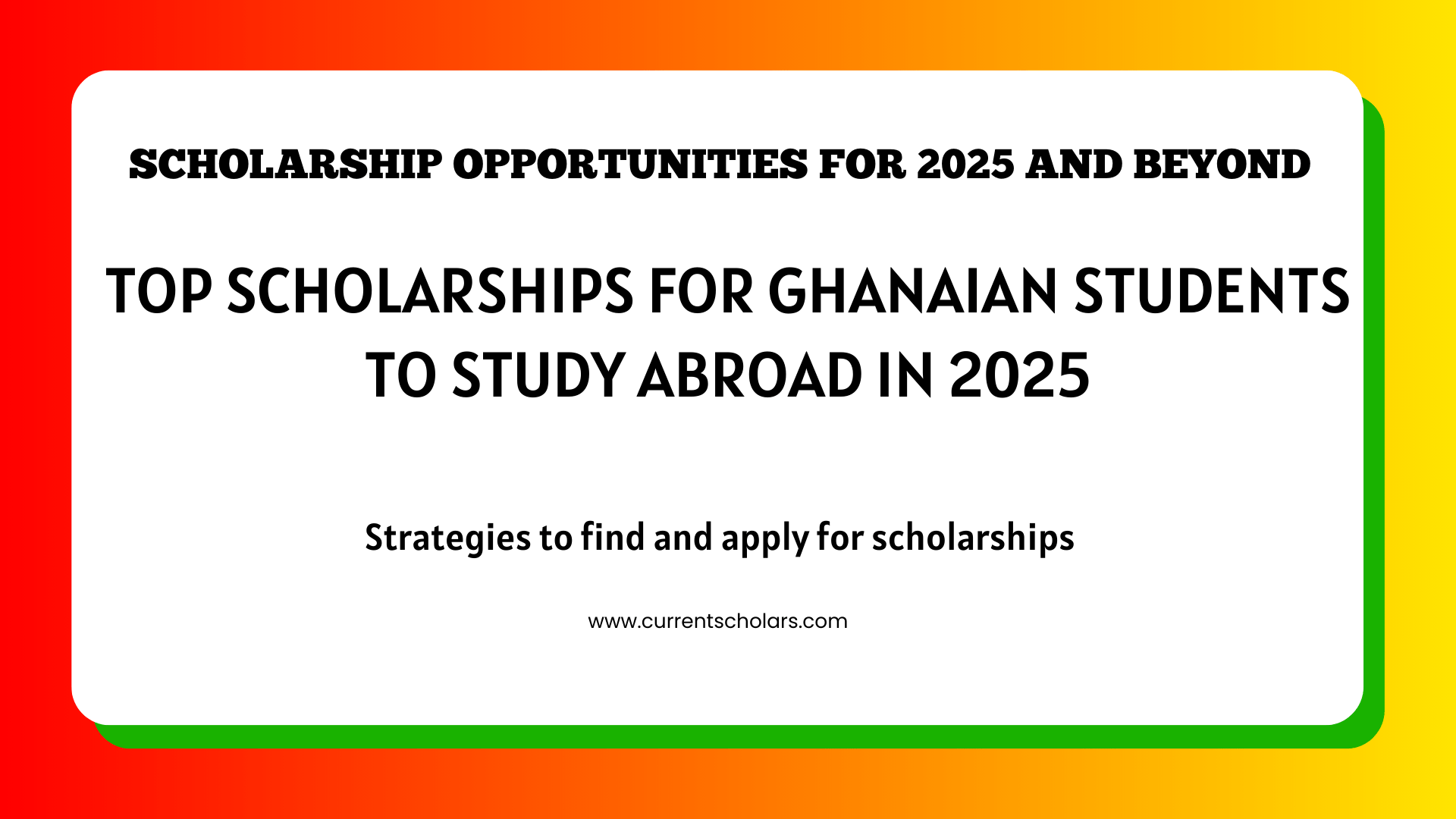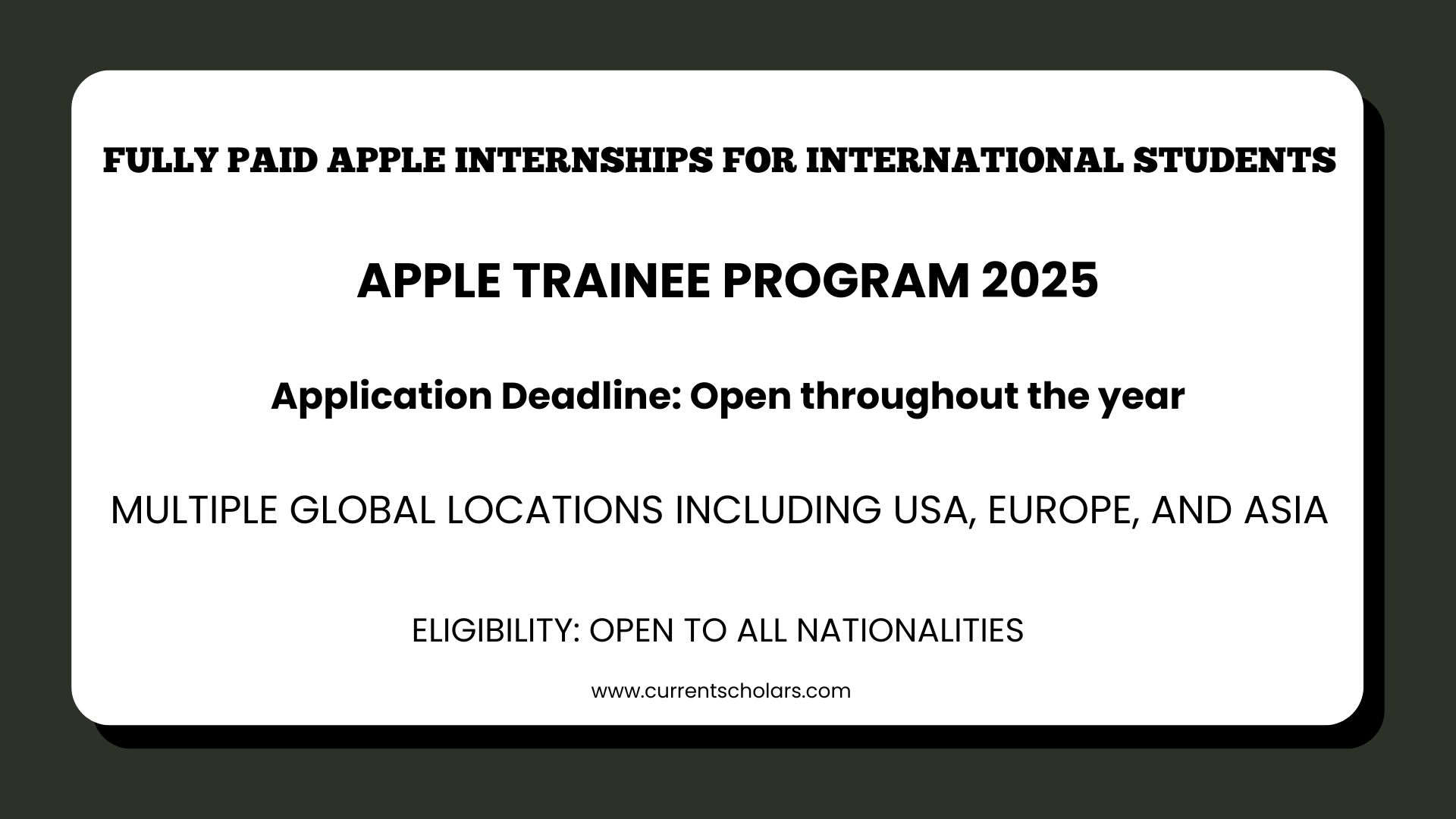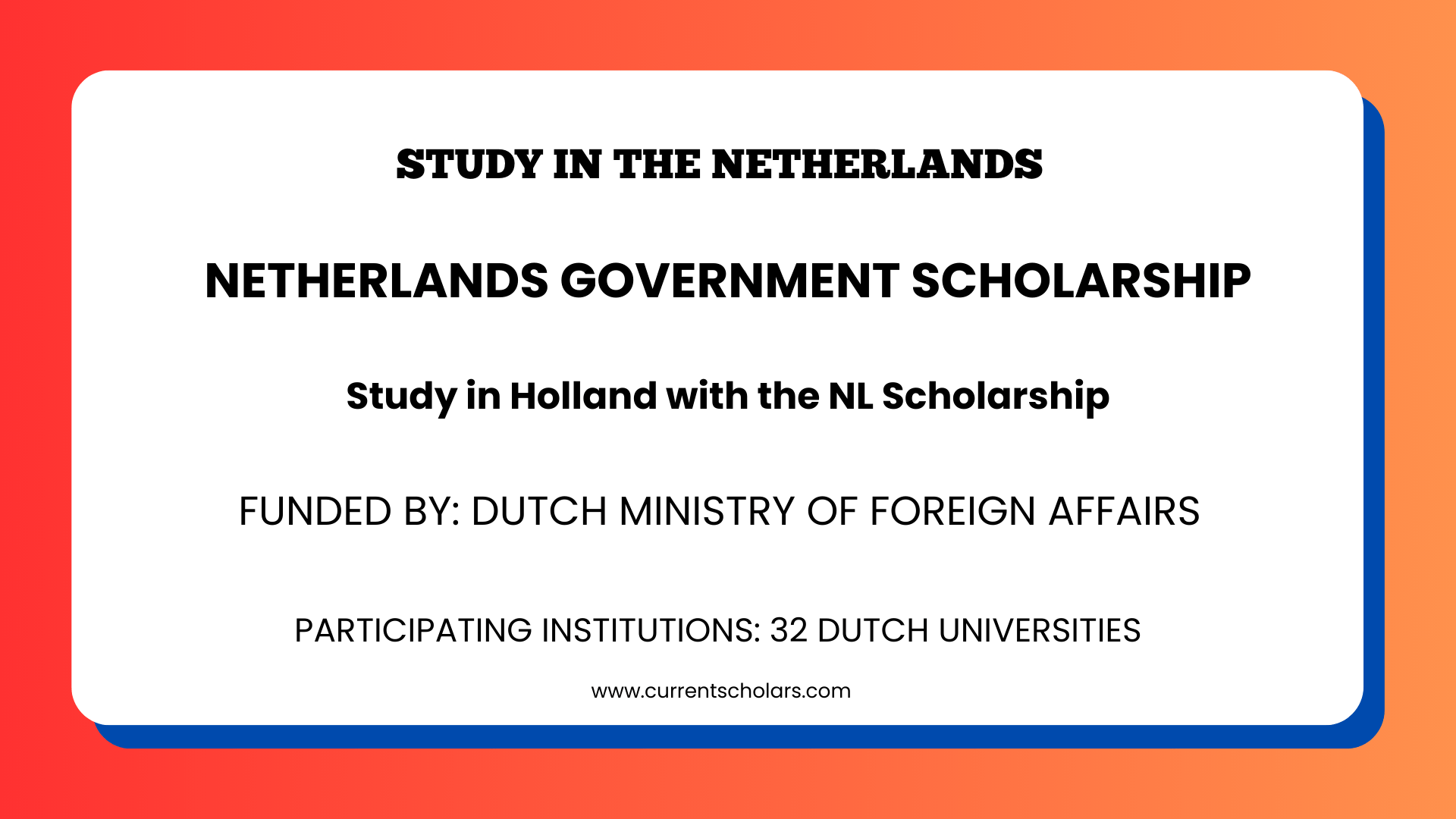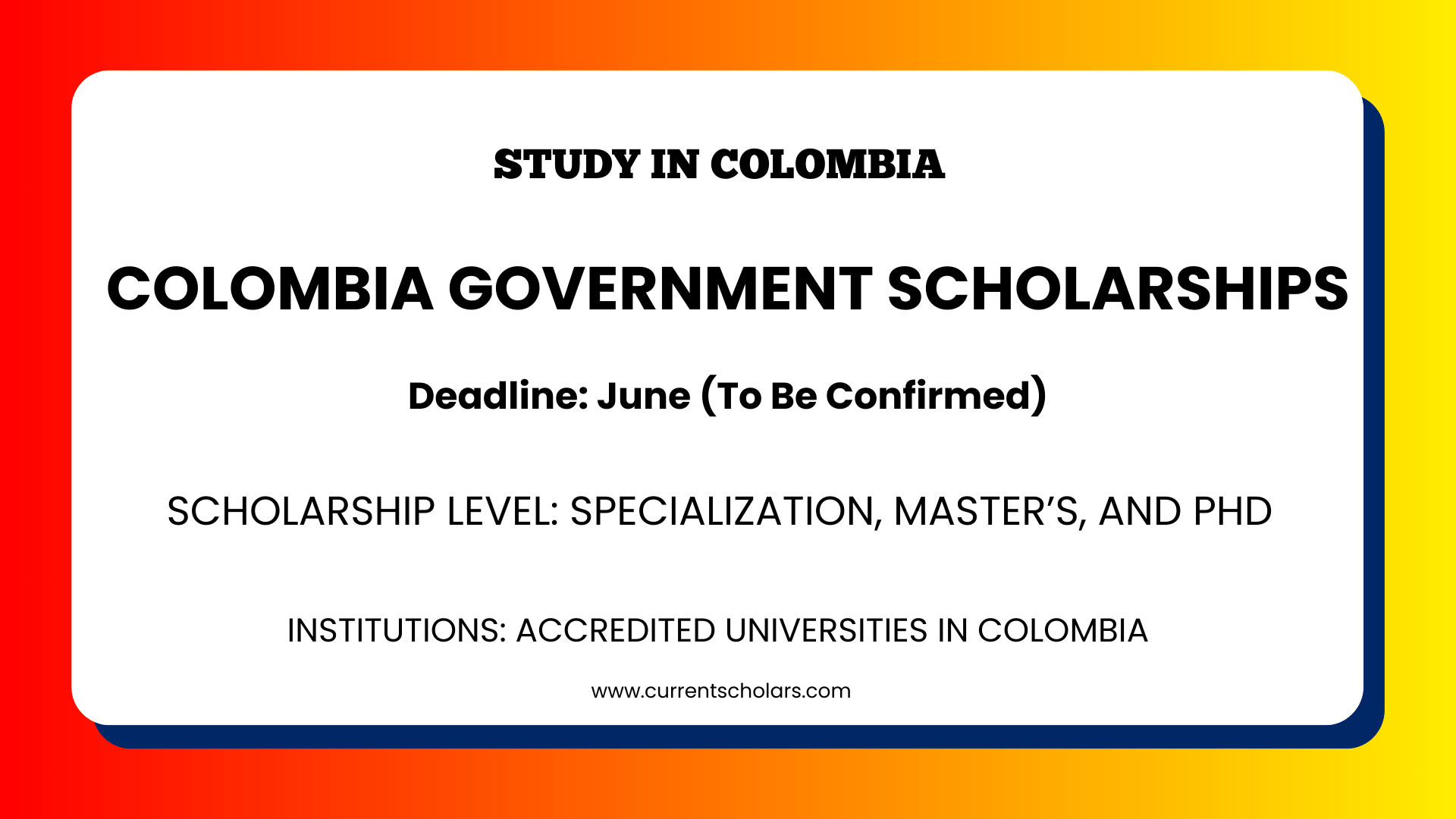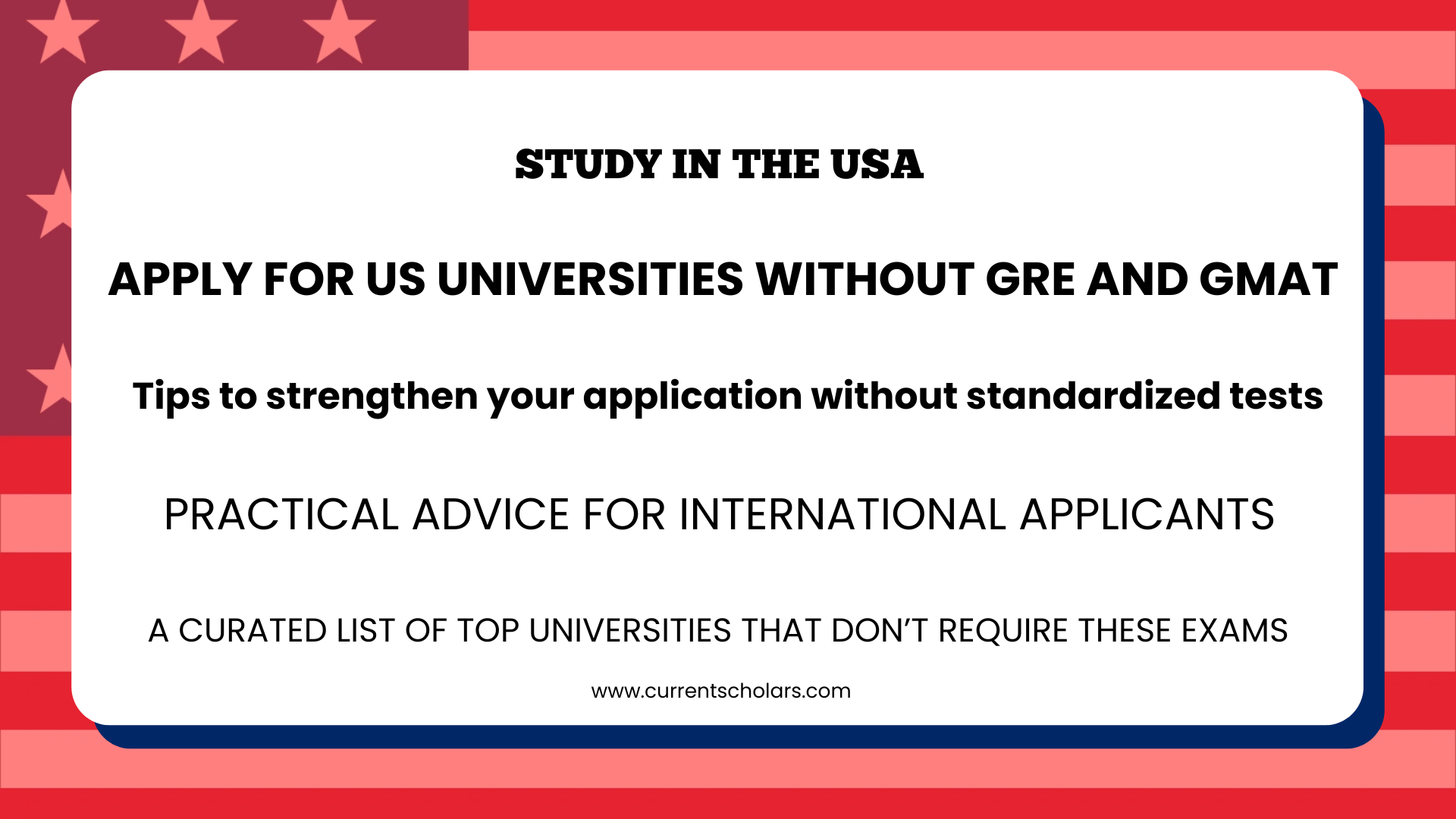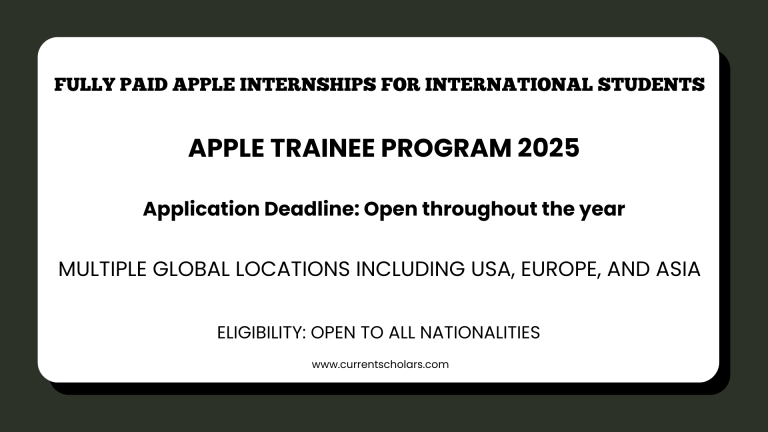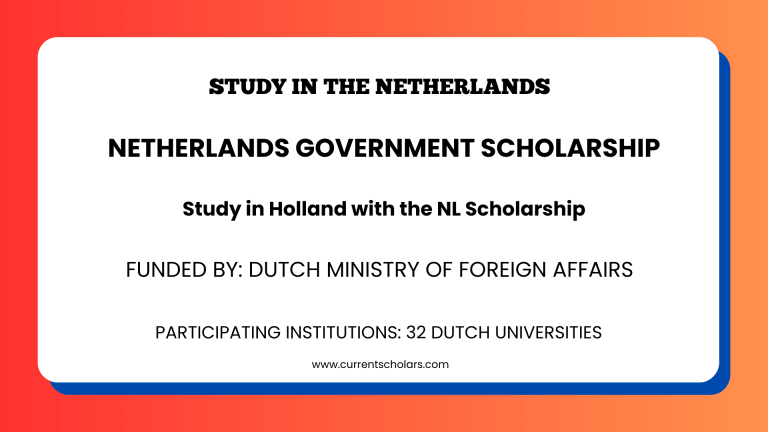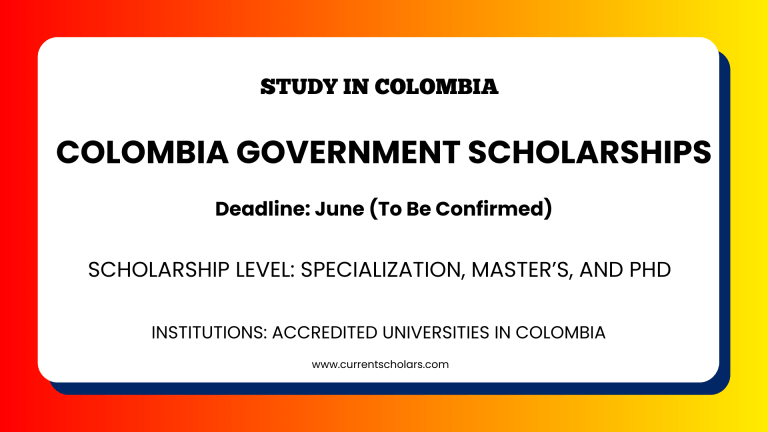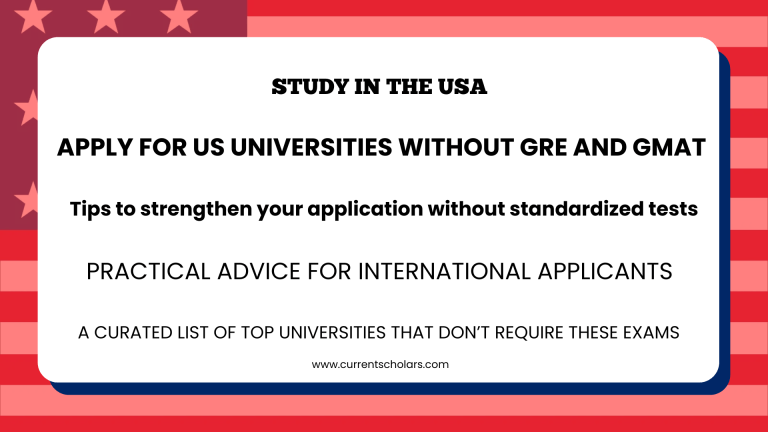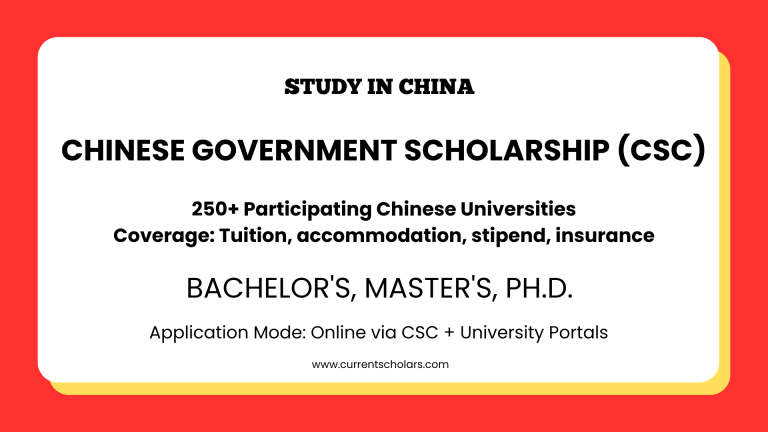Scholarships for Ghanaian Students: Your Pathway to International Education. Studying abroad is a life-changing opportunity for Ghanaian students, offering access to world-class education, cultural diversity, and global career prospects. However, the high costs of tuition, living expenses, and travel can make international education seem out of reach.
Fortunately, numerous scholarships for Ghanaian students studying abroad are available to help bridge this financial gap. Whether you’re looking for fully funded scholarships, partial funding, or university-specific grants, there are various opportunities to make your dream a reality.
Finding the right scholarship can be overwhelming, but with the right approach, students can increase their chances of success. We provide insights on how to find and apply for scholarships successfully, including using online portals, networking, and seeking expert guidance. Understanding scholarship eligibility criteria is also crucial, as academic performance, language proficiency, and leadership qualities often play a key role in selection. To simplify the process, we offer a step-by-step guide to applying for scholarships, ensuring applicants prepare strong applications and meet deadlines effectively.
Summary of This Guide
In this comprehensive guide, you’ll discover:
✔ The importance of studying abroad for Ghanaian students
✔ Different types of scholarships available
✔ Top countries offering scholarships
✔ Strategies to find and apply for scholarships
✔ Eligibility requirements and application steps
✔ Scholarship opportunities for 2025 and beyond
If you’re ready to explore the best scholarships for Ghanaian students, keep reading!
For those planning ahead, we outline scholarship opportunities for 2025 and beyond, featuring fully funded and merit-based programs designed to support Ghanaian students. Finally, we share useful resources for scholarship applications, including trusted platforms and organizations that provide up-to-date scholarship information and guidance. With the right resources and preparation, studying abroad can become a reality for ambitious Ghanaian students.
Importance of Studying Abroad for Ghanaian Students
Studying abroad offers Ghanaian students more than just academic credentials; it provides:
1. Global Career Opportunities
Graduates with international education have an edge in the job market. Employers value candidates with diverse perspectives and global exposure.
2. Personal and Professional Growth
Adapting to a new environment enhances problem-solving skills, independence, and cross-cultural communication.
3. Networking and International Exposure
Students studying abroad connect with professionals, professors, and peers worldwide, creating valuable career opportunities.
Despite these benefits, financial constraints often prevent many Ghanaian students from pursuing international education. This is where fully funded scholarships for Ghanaian students play a crucial role.
Types of Scholarships for Ghanaian Students Studying Abroad
Various scholarship programs cater to different academic levels and needs. Here are the main types:
1. Government Scholarships
-
Ghana National Scholarship Scheme – Provides financial aid for students studying in Ghana and abroad.
-
Commonwealth Scholarships – Fully funds postgraduate studies for students from Commonwealth nations, including Ghana.
2. University-Specific Scholarships
Many universities offer merit-based and need-based scholarships:
-
University of Toronto International Scholar Award (Canada)
-
Harvard University Scholarships (USA)
3. Private and NGO Scholarships
Several organizations support Ghanaian students:
-
MasterCard Foundation Scholars Program – Offers full funding for African students.
-
Gates Foundation Scholarships – Supports high-achieving students.
4. International Organization Scholarships
-
UNESCO Scholarships – Provides funding for education-related studies.
-
Erasmus Mundus Joint Masters Scholarships (Europe) – Covers tuition and living expenses.
Best Countries Offering Scholarships for Ghanaian Students
United Kingdom
-
Chevening Scholarships – Fully funded master’s scholarships for future leaders.
-
Commonwealth Scholarships – Covers tuition, travel, and living expenses.
United States
-
Fulbright Foreign Student Program – Funds postgraduate studies.
-
Stanford Knight-Hennessy Scholars Program – Fully funds graduate studies.
Canada
-
Vanier Canada Graduate Scholarships – Provides funding for doctoral studies.
-
Lester B. Pearson International Scholarships – Covers tuition and living expenses.
Germany and Europe
-
DAAD Scholarships (Germany) – Supports postgraduate studies.
-
Erasmus Mundus Scholarships – Funds joint master’s programs in Europe.
Other Notable Countries
-
Australia Awards – Focuses on development-related postgraduate studies.
-
New Zealand Commonwealth Scholarships – Supports students from developing countries.
How to Find and Apply for the Best Scholarships for Ghanaian Students
Finding the right scholarship requires research and strategy. Follow these steps:
1. Use Scholarship Search Platforms
Websites like ScholarshipPortal, DAAD Scholarships, and Chevening Scholarships offer databases of available scholarships.
2. Visit University Websites
Most universities have dedicated financial aid pages for international students.
3. Check Government and Embassy Programs
Scholarships like Chevening (UK) and Fulbright (USA) are government-funded.
4. Join Online Scholarship Communities
Platforms like LinkedIn, Facebook groups, and Reddit share valuable insights.
5. Connect with Alumni and Education Consultants
Alumni networks and educational consultants provide useful advice and guidance.
6. Attend Scholarship and Education Fairs
Events organized by EducationUSA and the British Council offer direct access to funding opportunities.
Scholarship Eligibility Criteria for Ghanaian Students
Before applying, ensure you meet the following:
- Academic Excellence – Many scholarships require a high GPA.
- Language Proficiency – IELTS/TOEFL may be required.
- Age & Citizenship – Some programs have age restrictions.
- Leadership & Community Involvement – Programs like Chevening prioritize leadership experience.
Step-by-Step Guide to Applying for Scholarships
Follow these essential steps:
Step 1: Research and Shortlist Scholarships
Identify programs that align with your academic goals.
Step 2: Prepare Required Documents
Commonly required documents include:
-
Academic transcripts
-
Personal statement or SOP
-
Letters of recommendation
-
Proof of language proficiency
Step 3: Write a Strong Scholarship Essay
Highlight achievements, career goals, and how the scholarship will benefit you.
Step 4: Submit Applications on Time
Create a checklist of deadlines to avoid missing opportunities.
Top Scholarship Opportunities for 2025 and Beyond
Some key scholarships for Ghanaian students in 2025 include:
✔ Chevening Scholarships (UK) – Fully funded master’s programs.
✔ DAAD Scholarships (Germany) – Covers tuition and living expenses.
✔ Commonwealth Scholarships (UK & New Zealand) – Funds postgraduate studies.
✔ Erasmus Mundus Scholarships (Europe) – Joint master’s degree funding.
✔ MasterCard Foundation Scholars Program – Supports African students.
Useful Resources for Scholarship Applications
Here are some platforms to start your search:
📌 ScholarshipPortal – Global database of scholarships.
📌 Chevening Scholarships – UK government-funded scholarships.
📌 DAAD Scholarships – Germany’s premier scholarship program.
📌 EducationUSA – Helps students apply to US universities.
Securing scholarships for Ghanaian students studying abroad requires dedication, research, and preparation. Whether you aim for fully funded scholarships or partial funding, there are opportunities waiting for you.
Start your journey today—explore available scholarships, prepare a strong application, and take a step toward an international education.
